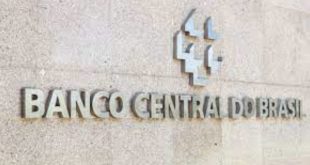Dutch gambling regulator Kansspelautoriteit (KSA) has set out to gather the opinions from the gambling industry and stakeholders regarding player protection measures as part of an industry-wide consultation.
The Dutch Senate recently passed its Remote Gaming Act after debating the bill for two and a half years. But following the approval of the legislation, the KSA has been tasked with ensuring that operators have a duty of care to customers.
The public consultation, which is due to last until 22 April, will review the proposed guidelines published by the regulator. The guidelines state that a framework must be in place which will allow consumers to make an informed choice in regards to whether they want to place a bet.
The KSA has also suggested that operators provide more information regarding how games of chance work, in addition to the terms and conditions for these types of games.
Operators, under the new guidelines, would be obliged to offer customers the ability to set limits. Limits would automatically be set to zero, before consumers can then decide how much they can afford to gamble and set a limit accordingly.
Limits regarding deposit limits and cash holdings have also been suggested, which could be monitored through an app designed to track player behaviour and spending.
Licence-holders across the Netherlands must implement policies that pertain to addiction prevention. Policies must include approaches for recreational players, at-risk players and problem players. In terms of at-risk players, licensees must monitor customer behaviours and intervene if this escalates by advising players to gamble less, set limits or temporarily exclude
It comes as a move to provide substantial information to customers regarding the associated risks of irresponsible and underage gambling. The regulator is due to host a number of consultation sessions across the country to give operators the chance to have their say on proposals.
The first of the consultations are due to begin on 26 March. The news follows the regulators announcement that it would be upping its fines on illegal online operators from €150,000 up to €200,000.
The fines may be subject to change depending on the number of illegal sites and games as well as the number of bonuses and prizes that are offered by operators.









